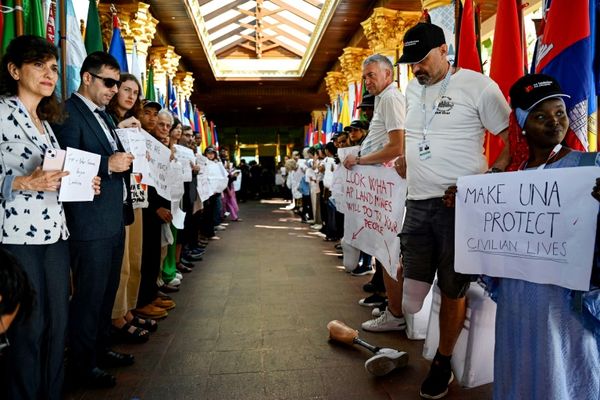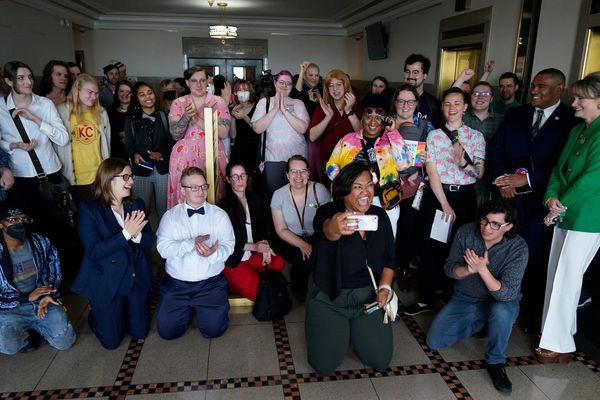WASHINGTON _ When Labor Secretary Alexander Acosta offered his resignation Friday in an early morning call with President Donald Trump, his boss offered sympathy, inviting him over to the White House to announce the news together to the media.
It was a rare, dignified exit for a Cabinet secretary in Trump's administration, and for one leaving amid controversy over his handling of the case of accused pedophile Jeffrey Epstein.
They emerged side by side on the South Lawn of the White House just past 9:30 a.m. "It would be selfish for me to stay in this position and to continue talking about a case that is 12 years old rather than about the amazing economy we have right now," Acosta said, "and so I submitted my resignation."
The resignation came two days after Acosta held a news conference in which he defended his conduct as a federal prosecutor in Florida in 2007, when he presided over the negotiation of a nonprosecution agreement with Epstein's attorneys.
Trump kept his opinion largely to himself over Acosta's performance at the Wednesday news conference, a senior administration official said. But Trump was asking aides and confidantes throughout the following day how they thought Acosta did.
The sense among the president's aides was that, regardless of Acosta's reviews, the story of Epstein _ who was indicted by federal prosecutors in New York on Monday on charges of sex trafficking _ would not end anytime soon because of the ongoing case in Manhattan, two administration officials told McClatchy.
Acosta's departure untethers the Epstein saga from the Trump administration, save for the Justice Department's handling of the New York case and those continuing to investigate Trump's personal relationship with the accused, dating back decades.
"I haven't spoken to him in 15 years or more," the president said, standing beside Acosta. "I wasn't a big fan of Jeffrey Epstein, that I can tell you."
White House sources emphasized that Acosta's decision to resign was his alone, but did not express surprise at the news. Before Friday's announcement, White House acting chief of staff Mick Mulvaney attempted to provide Acosta with a runway to stay despite reports the labor secretary had lost critical allies within Trump's inner circle.
"He did exactly what he wanted to do with the facts, laying out the facts," Mulvaney told reporters on Capitol Hill on Wednesday, following Acosta's hourlong press conference.
Democrats increased pressure on the administration throughout the week, sending letters to the Justice and Labor Departments asking for a briefing on the 2007 Epstein agreement and for Acosta to testify later this month on the matter.
"We are abhorred by reports of Mr. Epstein's repeated and longstanding sexual abuse of young girls," leadership of the House Judiciary Committee wrote to the deputy attorney general Thursday. "Investigative reporting by the Miami Herald details Mr. Epstein's alleged abuse of at least three dozen girls in his Florida and New York homes forcing them to engage in sex acts and coercing them to recruit future victims."
One House Republican who supported Acosta, Rep. Mario Diaz-Balart of Florida, said he thinks the secretary resigned so he wouldn't be a distraction for the White House even though Trump publicly supported him.
"Obviously that's a decision that was made, from what I saw and heard, by Acosta," Diaz-Balart said. "Which again, really is indicative of the fact that he just doesn't want to be a distraction. It seems that it was Acosta's call."
His resignation has not quieted the storm of congressional activity. The Democratic chair of the House Committee on Oversight and Reform on Wednesday sent Acosta a letter requesting he testify at a July 23 public hearing examining his role in the case, and Rep. Debbie Wasserman Schultz, who sits on that panel, said the committee plans to proceed.
"Rather than testify," committee chair Rep. Elijah Cummings, D-Md., reacted Friday, "Secretary Acosta chose to resign."






